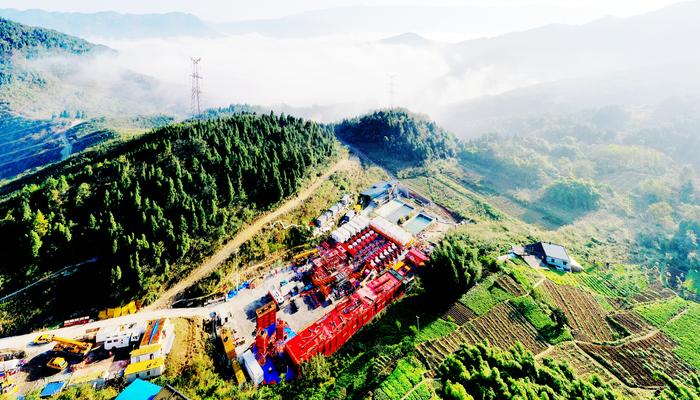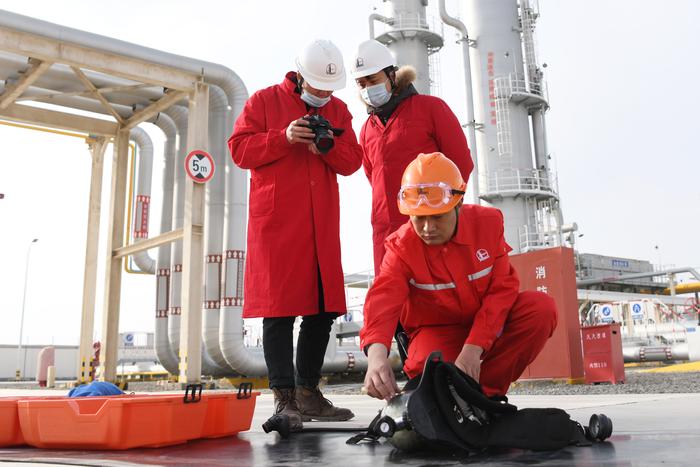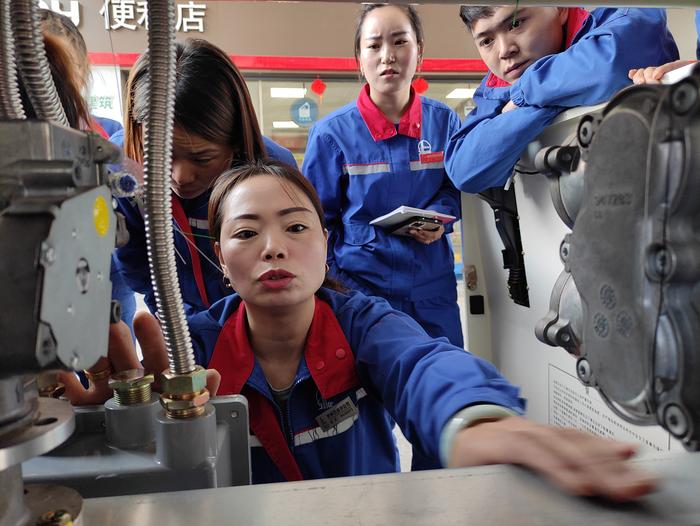|
| 2020-11-26 来源: 中国石化新闻网 |
| 石化新闻 |
中国石化新闻网讯 据能源网站oilprice11月20日报道,随着主要经济体为应对冠状病毒病例激增而重新实行锁定的措施,欧洲大陆的燃料需求再次下降,大量炼油厂正面临着永久关闭的风险。 据市场参与者称,预计11月和12月欧洲汽油需求将比2019年同比下降15%至20%。 欧洲几大经济体(包括英国,德国,法国,意大利和西班牙)执行的封锁、部分封锁和宵禁措施,再次削减了石油需求,而欧元区和整个欧洲的双底衰退现在看起来也几乎是必然的。 由于燃料需求的下降,自春季以来,众多的炼油厂一直都在苦苦挣扎,其中许多炼油厂正在进行重组业务,包括永久关闭原油加工能力。 英力士与中方的合资企业Petroineos本月早些时候表示,计划永久关闭拥有210,000bpd的格兰杰默斯炼油厂的部分装置。该炼油厂是苏格兰唯一的炼油厂,而这项措施将把该厂的精炼能力削减至150,000bpd。 芬兰耐斯特在9月份表示,正在探索关闭其楠塔利炼油厂的可行性,并准备将波尔沃的炼油厂改造为处理可再生和循环原料的工厂。 耐斯特公司总裁兼首席执行官彼得·瓦纳克(Peter Vanacker)于9月表示:“在全球炼油产能过剩的情况下,对楠塔利炼油厂进行运营和维护投资既不可行也不可持续。” 沈彦 摘译自Oilprice 原文如下: Renewed Lockdowns Threaten More Refinery Closures In Europe More refineries in Europe are at risk of permanent closures, with fuel demand on the continent falling again as major economies re-imposed lockdowns to fight the spike in coronavirus cases. Gasoline demand in Europe is expected to be between 15 and 20 percent lower in November and December compared to the same months of 2019, Argus reported, citing market participants. The new lockdowns, partial lockdowns, and curfews in the biggest economies in Europe, including the UK, Germany, France, Italy, and Spain, are dragging down oil demand again while a double-dip recession in the Eurozone and wider Europe now looks almost inevitable. Refiners have struggled since the spring with the crash in fuel demand, and many of them are restructuring operations, including closing down permanently crude oil processing capacity. Petroineos, a joint venture of Ineos and one Chinese company, said earlier this month it plans to permanently close some units at the 210,000-bpd Grangemouth refinery, the only refinery in Scotland, which will cut the facility’s refining capacity to 150,000 bpd. Neste of Finland said in September that it was exploring the shutdown of its refinery operations in Naantali and transforming the Porvoo refinery operations to co-processing renewable and circular raw materials. “The forthcoming operating and maintenance investments in the Naantali refinery are not viable nor sustainable in a situation where there is large over-capacity for oil refining globally,” Neste’s President and CEO Peter Vanacker said in September. |








